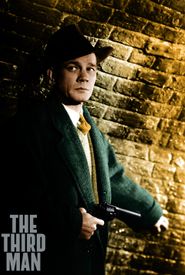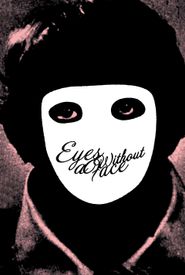Alida Valli, a captivating and enigmatic actress, was born on May 3, 1921, in Pola, Italy, which is now part of Croatia, to a Tridentine journalist and professor father and an Istrian homemaker mother. She began her acting career as a teenager, studying at the Motion Picture Academy of Rome and Centro Sperimentale di Cinematografia, before securing bit roles in films such as "Il cappello a tre punte" (1935) and "I due sergenti" (1936).
Valli's breakthrough performance came in 1940 when she played the title role in "Manon Lescaut", which earned her widespread recognition in Italy. She went on to win a Venice Film Festival award for her role in "Piccolo mondo antico" (1941) and received critical acclaim for her performance in "We the Living" (1942).
However, Valli's career was put on hold in 1943 when she refused to appear in what she considered fascist propaganda, leading to her forced hiding. She eventually returned to acting in 1946, starring in the title role of "Eugenie Grandet", which earned her an award and recognition.
Valli's Hollywood years began in 1947 when she was discovered and contracted by David O. Selznick to play the role of Maddalena Paradine in Alfred Hitchcock's "The Paradine Case". She was billed as simply "Valli" during her Hollywood years and starred in several notable films, including "The Third Man" (1949) and "The Miracle of the Bells" (1948).
Despite her initial success, Valli's Hollywood career was marked by a series of failures, leading her to bid farewell to Hollywood and return to Italy in 1951. She continued to work in Europe, where she was sought after by top directors and starred in a wide range of films, including "Senso" (1954),"Eyes Without a Face" (1960),"Oedipus Rex" (1967),and "Suspiria" (1977).
Throughout her long and distinguished career, Valli played a wide range of roles, from ingénue to mature character roles, and worked with many of the best directors in the industry. Her most recent film appearance was in "Angel of Death" (2001).





















































